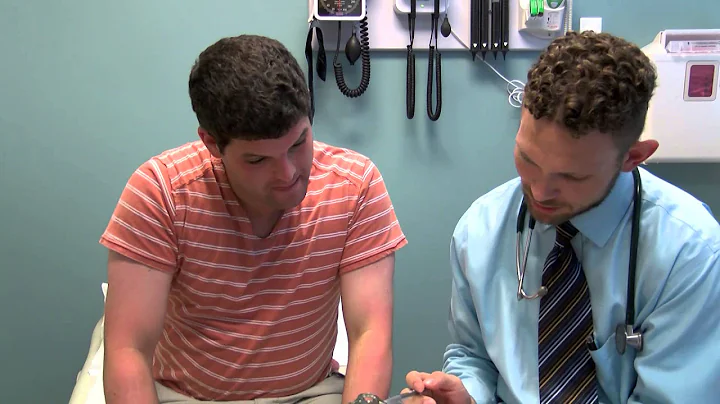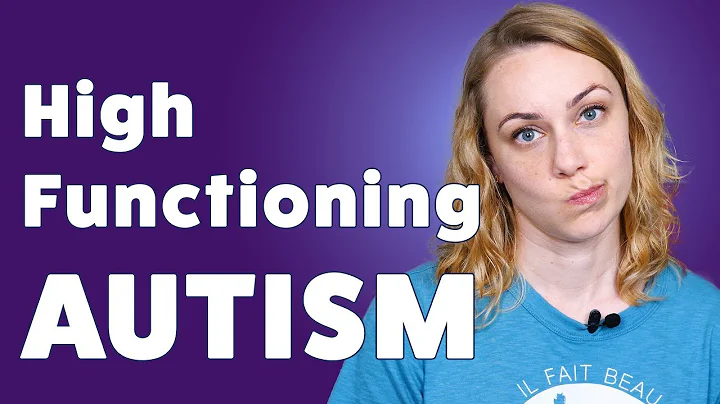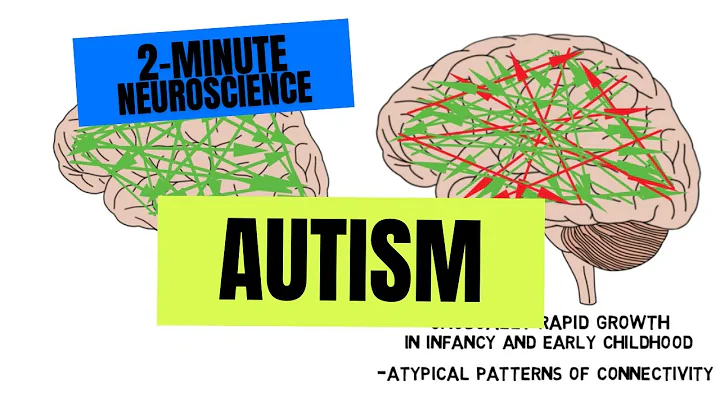While some people with autism spectrum disorder (ASD) will never be able to live and function independently, those on the high-functioning spectrum are often able to attend college, find jobs, and live on their own.
As the parent of a child with autism, you are probably used to being very involved in every aspect of your child's daily life, and they are likely to rely on you to plan meals, set bedtimes, and keep doctor's appointments scheduled. The prospect of letting your children manage these aspects of their lives on their own can be unsettling.
You can alleviate some of the anxiety for you and your children by letting them take on some basic responsibilities once they leave the nest. Here are five things your kids should know how to do.

Take good care of your physical health
Many people with autism have difficulty with interoception, the feeling of the internal state of the body. This means internal cues such as hunger and thirst are often lacking. If your child doesn't seem to experience traditional "hunger pangs," signs that they're hungry may include low energy, crankiness, anxiety, and headaches. Teach your child to recognize these signs and set a regular mealtime schedule.
Sleep problems are common among college-age adults, especially those with autism. Poor sleep quality can affect every aspect of your life and health, including your mood. Encourage your child to develop healthy sleep habits, aiming for seven to nine hours a night. Naps can help make up for any lack of sleep.
Taking Care of Emotional Health
Many people with autism struggle with emotional dysregulation. Help your child prepare coping strategies such as deep breathing and meditation.
People with autism also have difficulty with social skills, which can make developing friendships difficult. Many older children with autism find that regular visits to a therapist can help them navigate difficult social situations and emotions and learn how to make friends.
If your child takes medications for anxiety, depression, mood swings, or other mental health diagnoses, make sure they know which medications to take, when to take them (pill organizers can help), and how to refill their prescriptions. You may need to stay with them for a while and keep making doctor appointments for them until they are ready to do this for themselves.
Be a good roommate
Whether it's a college dorm or your first apartment, almost everyone shares a living space with someone else at some point. For people with autism, the unwritten rules of living together can be confusing. helps your children understand the importance of keeping common areas tidy and teaches them basic household skills such as washing dishes, doing laundry, cooking, sweeping, washing floors, taking out the trash and cleaning the bathroom.
Living with others can be challenging, and the sensory processing difficulties many people with autism have can make dealing with roommates extra stressful. Make sure your child is prepared with things like noise-canceling headphones, sleep masks to block light, calming fidgets and stimulation, and other items that can help them maintain a sense of calm when surrounded by other people.
Advocate for Yourself
For most of your child's life, you have probably been advocating for them to make sure they receive appropriate accommodations in the classroom and any other services they need. However, as your children grow up, they will need to learn how to advocate for themselves.
The model for disability services in college is different than in high school. Many children with autism who use individualized education plans (IEPs) throughout high school may struggle without the same supports and accommodations.
To help your child learn to advocate for themselves, talk about some of the challenges and obstacles they may encounter and brainstorm together how to approach them and solve the problem yourself. Writing "scripts" and role-playing hypothetical conversations can also be helpful.
If your child is going to college, make sure they know how to access disability support services on campus in order to obtain any classroom or dormitory accommodations they may need. Your child should also review the student handbook to understand their rights in different situations.
Find Your Tribe
Everyone does better when surrounded by people who support them and share common interests, but for people with ASD, little social interaction comes naturally. Encourage your child to join groups and participate in activities that really interest them and that they may have participated in in high school.
Young adulthood is also a good time to become actively involved in national and local organizations promoting autism awareness and/or become active in political and public policy advocacy. The most prominent of these is the Autism Self-Advocacy Network.





















